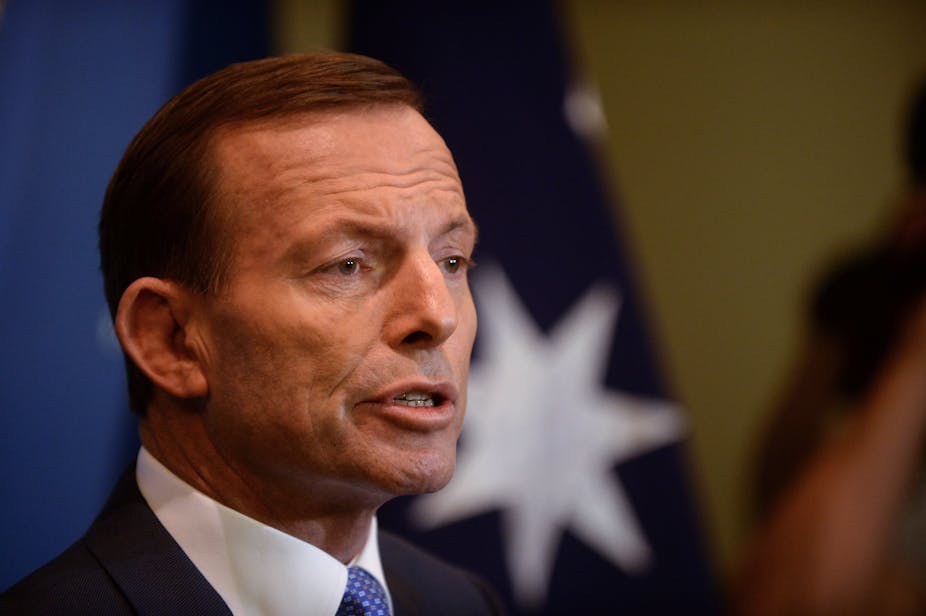Today’s announcement by the Liberal Party that they will preference against the Greens at this year’s federal election should hardly come as a surprise. There has been endless speculation that the Liberals would adopt this strategy, particularly in Victoria, and especially against Adam Bandt in the seat of Melbourne.
This raises the question of why the Liberals’ decision to direct their preferences against the Greens is so newsworthy. Why does it matter that the Liberals have chosen this path? How might this decision impact on the electoral prospects of Greens’ candidates competing in lower house seats?
How-to-vote cards
The importance of how-to-vote card recommendations at Australian elections owes to three key factors. First, the vagaries of the full preferential voting system are such that voters must indicate a preference for every candidate listed on the ballot paper – even if they have no interest in candidates other than their first preference – in order for their vote to be rendered valid.
Over the years, there also has been a significant increase in the number of lower house seats that are decided on preferences (as opposed to first preference votes). At the 2010 federal election, for instance, 57% of the 150 House of Representatives seats were decided following a distribution of voters’ preferences.
Finally, Australian electors tend to follow the how-to-vote card recommendations of their most preferred party. There is a remarkably high level of compliance among voters in following the parties’ preferencing instructions, even though the decision in practice is one for individual electors to make.
The conjunction of these forces has had the effect of transforming parties’ how-to-vote card recommendations into a form of electoral commodity that can be traded between parties. Over the years, Australian parties have, at different times, been able to capitalise on the particular quirks of the electoral system, and the goodwill of their supporters, to achieve a number of different objectives.
Parties have used preferencing recommendations to bolster their own electoral prospects (whether in other lower house seats or in the Senate), gaining commitments on matters of policy from other parties in exchange for preference recommendations, and punishing opposing parties.

Liberal Party strategy
The main objective of the Liberals’ preference strategy is to deny the Greens the opportunity to win any lower house seat on the back of the subsequent preferences of Liberal supporters.
From the Liberals’ perspective, this is a highly practical and sensible tactic, even if it does have the perverse effect of boosting the electoral fortunes of its main rival, the ALP. This decision is likely to strike a chord with the wishes of many of the party’s supporters.
A similar strategy, used by the Liberals at the Victorian state election in 2010, reaped electoral dividends for the party. Liberal voters, it seems, are not just opposed to the Greens but the strength of this sentiment appears to be intensifying over time.
Importantly, the Liberals’ decision to preference against the Greens is consistent with opposition leader Tony Abbott’s narrative that another minority government would be a disastrous outcome for the nation. The Liberals are simply putting their money where their mouth is, so to speak, and daring the ALP to do the same.
So what does this mean for the Adam Bandt in Melbourne and other Greens candidates, such as Hall Greenland, who is contesting deputy prime minister Anthony Albanese’s Sydney seat of Grayndler?
There is no doubt that the Liberals’ preference decision will make an already difficult task for the Greens even harder. While there will be the inevitable preference leakage from Liberal voters, it is unlikely to be sufficient enough to assist Bandt to hold Melbourne.
Bandt, as he has always declared publicly, will most likely have to rely on winning a majority of first preference votes to hold his seat.

